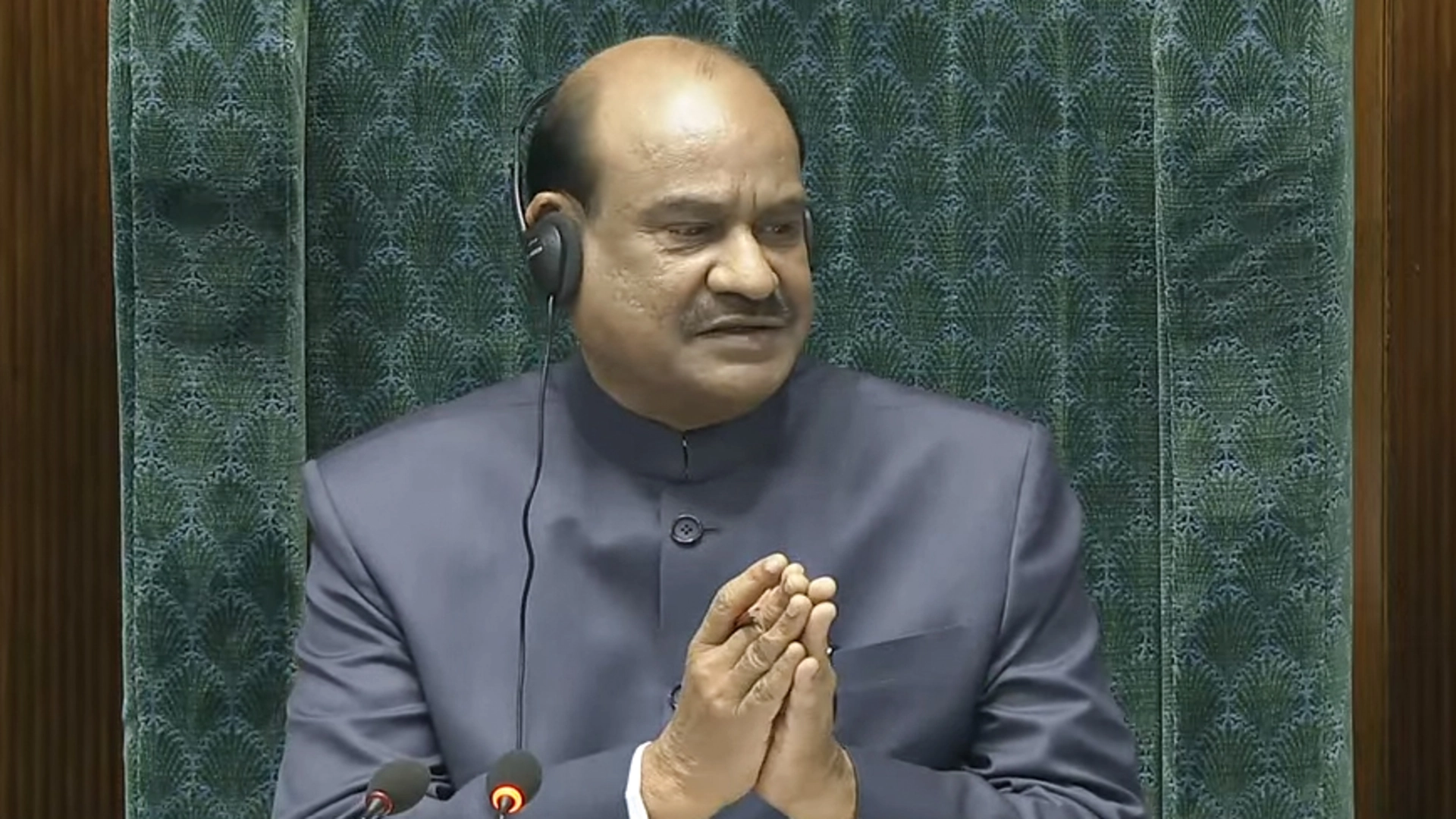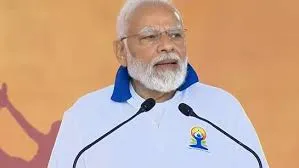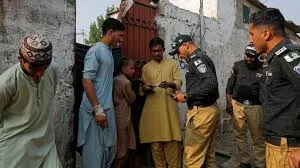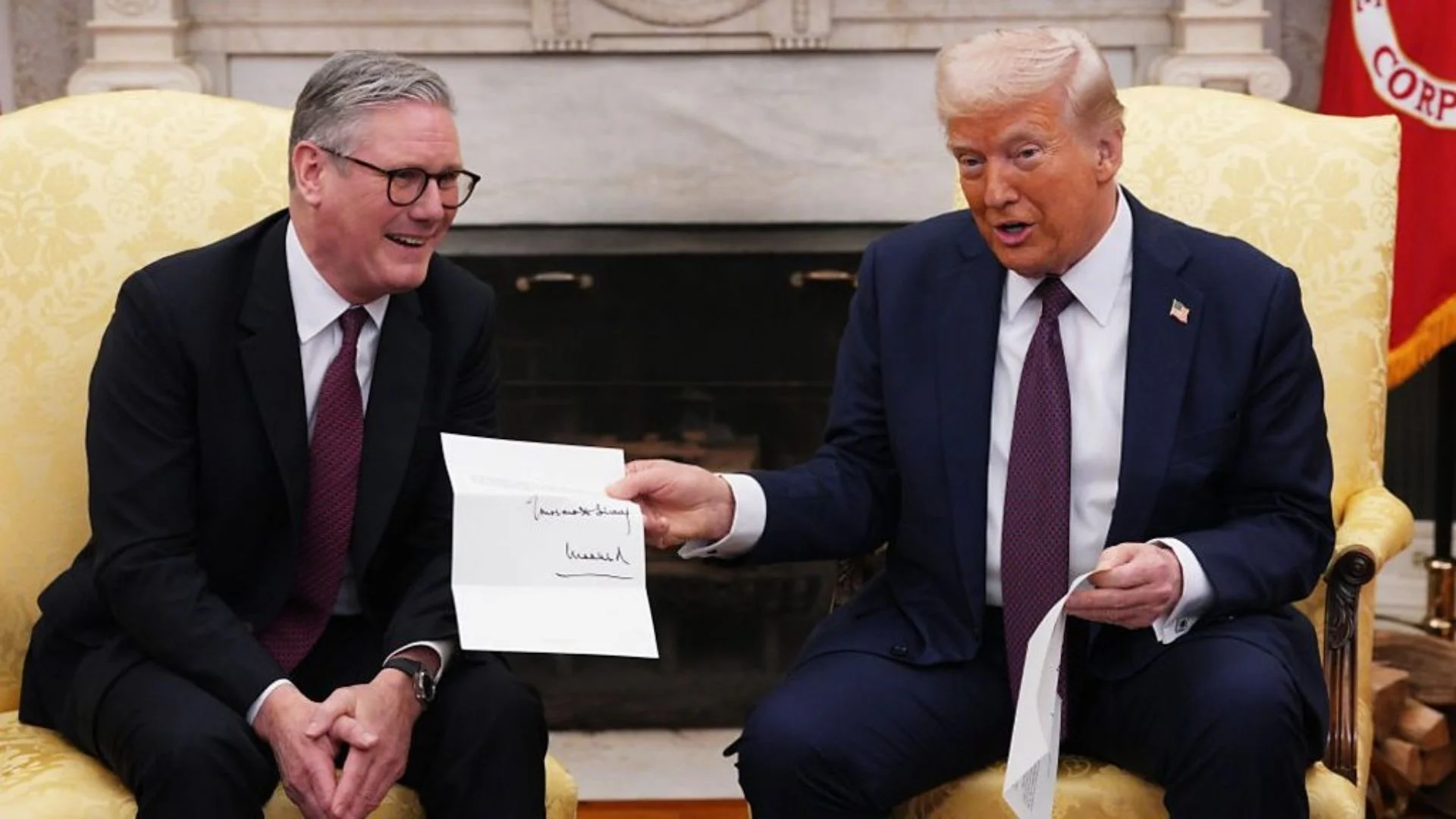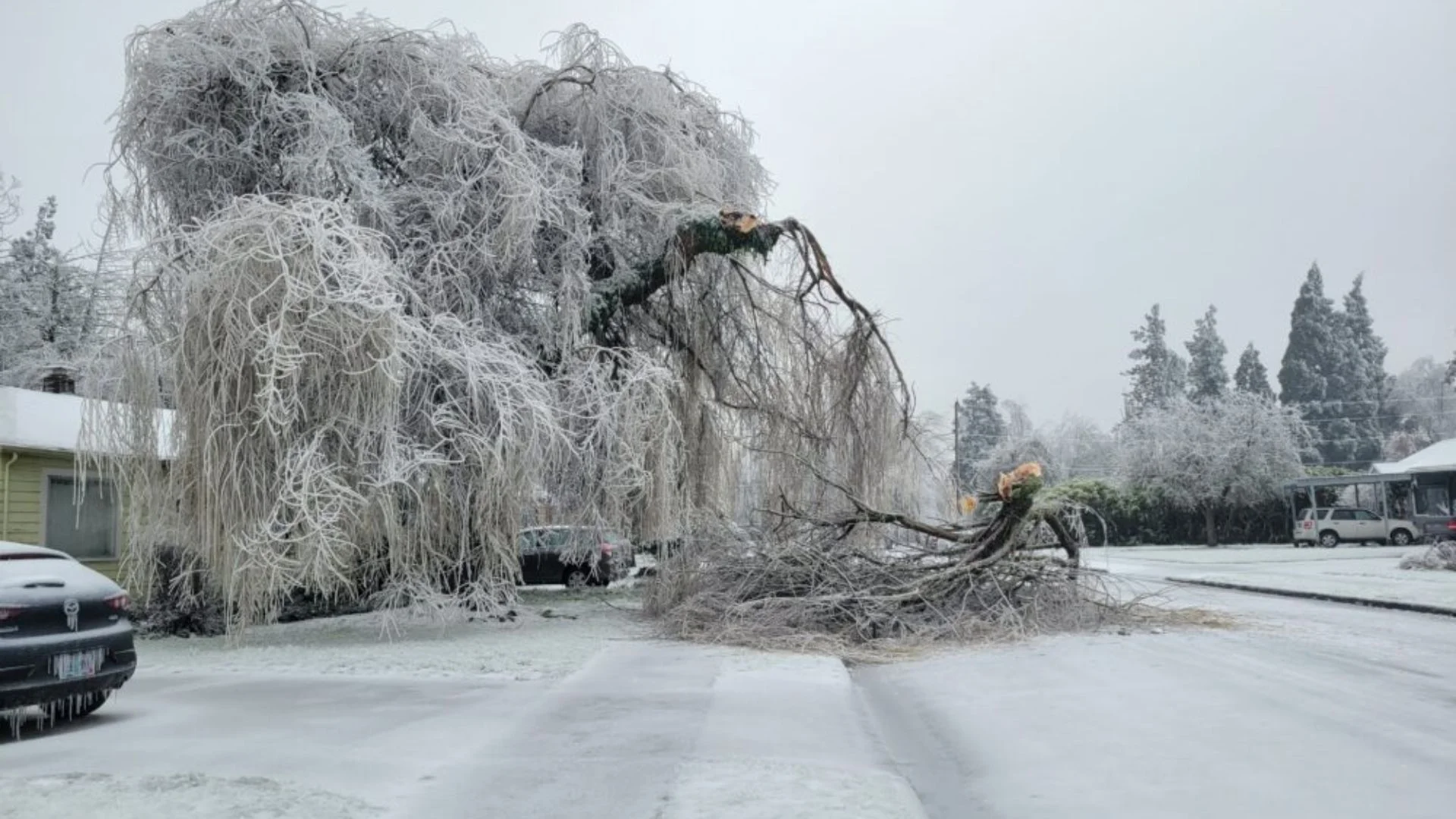The members of Lok Sabha on Tuesday voted on the ‘One Nation One Election’ bill or simultaneous elections to both Lok Sabha and state assemblies which was introduced. This bill requires amendment of the Constitution’s (One Hundred and Twenty-Ninth Amendment) Bill, 2024′ and ‘The Union Territories Laws (Amendment) Bill, 2024’. The bill will be sent to a Joint Parliamentary Committee (JPC) for detailed discussions.
On Tuesday, the Speaker of the Lok Sabha announced the result of the vote on the introduction of the bill in the house. The vote showed 269 members in favour (Ayes) and 196 against (Noes). This followed Law Minister Arjun Ram Meghwal’s formal introduction of the Constitution (129th Amendment) Bill, 2024, on ‘One Nation, One Election’ and his agreement to sending the bill to a JPC in response to Union Home Minister Amit Shah’s statement.
Speaking in the Lok Sabha, Amit Shah said, “When the One Nation, One Election Bill was taken up in the cabinet for approval, PM Modi had said that it should be sent to the JPC for detailed discussion. If the Law Minister is willing to send the bill to JPC, the discussion on its introduction can end.”
Meghwal also introduced a bill to amend the Government of Union Territories Act, 1963, the Government of National Capital Territory of Delhi Act, 1991, and the Jammu and Kashmir Reorganisation Act, 2019, as per the day’s schedule. These amendments aim to align assembly elections in Delhi, Jammu Kashmir, and Puducherry with the proposed simultaneous elections.
Meanwhile, Congress MP Manish Tewari opposed the move, arguing, “Beyond the seventh schedule of the Constitution is the basic structure doctrine, which spells out that there are certain features of the Constitution beyond the amending power of the House. The essential features are federalism and the structure of our democracy. Therefore, the bills moved by the Minister of Law and Justice are an absolute assault on the basic structure of the Constitution and are beyond the legislative competence of the House.”
DMK MP TR Baalu opposed the bill, stating, “I oppose the 129th Constitution Amendment Bill, 2024. As my leader M.K. Stalin has said, it is anti-federal. The electors have the right to elect the government for five years, and this right cannot be curtailed with simultaneous elections.”
Samajwadi Party MP Dharmendra Yadav, echoing sentiments expressed by other I.N.D.I.A. bloc members, said, “I am standing to oppose the 129th Amendment Act of the Constitution. I cannot understand how, just two days ago, no stone was left unturned to uphold the glorious tradition of saving the Constitution. Within two days, this Constitution Amendment Bill has been brought to undermine the basic spirit and structure of the Constitution. I agree with Manish Tewari, and on behalf of my party and my leader Akhilesh Yadav, I have no hesitation in saying that there was no one more learned than the makers of our Constitution at that time. Even in this House, there is no one more learned. I have no hesitation in saying this.”
TMC MP Kalyan Banerjee said, “This proposed bill hits the basic structure of the Constitution itself and if any bill affects the basic structure of the Constitution, it is ultra vires. We must remember that the state government and the state legislative assembly are not subordinate to the central government or to Parliament. This Parliament has the power to legislate law under the Seventh Schedule, List One and List Three. Similarly, the state assembly has the power to legislate law under the Seventh Schedule, List Two and also List Three. Therefore, by this process, the autonomy of the state legislative assembly is being taken away.”

